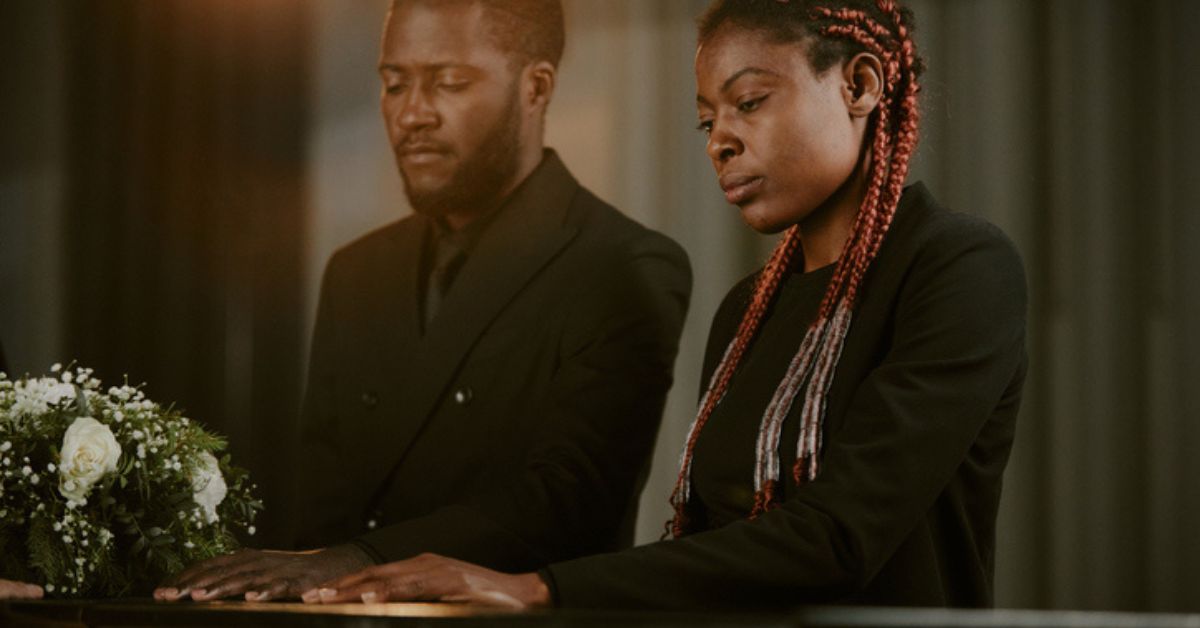Summer is often a season of joy, filled with road trips, pool parties, and family gatherings. But for some, it turns into a time of heartbreak when a loved one is tragically lost in a sudden accident. Whether it’s a car crash on a summer road trip, a drowning incident, or another unforeseen tragedy, such events are not only emotionally devastating but can also leave families grappling with complex legal issues. Understanding the emotional and legal toll of these accidents and knowing how to seek justice is crucial for healing and closure.
The Emotional Impact of Losing a Loved One
The loss of a loved one is one of the most difficult things any family can endure. When the loss is sudden and caused by an accident, the grief can feel even more overwhelming. Here are some common emotional challenges families face:
1. Shock and Denial
When an accident happens, it’s hard to accept that a loved one is gone. Many people experience a period of disbelief, clinging to the hope that it’s all a bad dream.
2. Guilt
Family members often ask themselves, "What if?" or "Could I have done something to prevent this?" These questions can lead to feelings of guilt, even when they had no control over the situation.
3. Anger
Losing someone to negligence or wrongful actions can cause intense anger. This is especially true when the accident could have been avoided, leaving families feeling frustrated and searching for accountability.
4. Long-Term Grief
Grief doesn’t end after the funeral. Birthdays, holidays, and everyday life remind families of the person they’ve lost. It’s a long and painful process to adjust to a world without their loved one.
Families need to seek emotional support during this time. Friends, therapists, and grief support groups can make a big difference in helping them cope. That said, the road to healing often includes addressing the legal aspects of the tragedy, which can feel just as overwhelming.
The Legal Side of Losing a Loved One in an Accident
When a loved one dies due to someone else's negligence or misconduct, families may have the option to pursue a wrongful death claim. While no amount of money can replace a loved one, holding the responsible party accountable can provide financial stability and a sense of justice.
What is a Wrongful Death Claim?
A wrongful death claim is a legal action filed when someone’s death is caused by another party’s negligence, recklessness, or intentional harm. Common causes of wrongful death in summer accidents include:
- Car or motorcycle crashes caused by distracted or impaired drivers
- Drowning incidents at unsafe public or private pools
- Boating accidents due to untrained or reckless operators
- Workplace accidents, especially in construction or outdoor manual labor
Who Can File a Wrongful Death Claim?
Most states allow close family members, such as a spouse, children, or parents, to file a wrongful death claim. The rules vary by state, so it’s important to consult with a personal injury attorney to understand who is eligible in your case.
What Can Wrongful Death Claims Cover?
The goal of a wrongful death claim is to compensate families for their loss. These claims can cover:
1. Medical Expenses
If your loved one received medical care before passing away, those expenses can be included in the claim.
2. Funeral and Burial Costs
End-of-life expenses can be a significant financial burden for grieving families.
3. Loss of Financial Support
Families can claim lost income and benefits that the deceased would have provided.
4. Pain and Suffering
Although harder to quantify, families can seek compensation for the emotional pain caused by their loss.
5. Loss of Companionship
This includes the emotional toll of losing the love, guidance, and support that your loved one offered.
Steps in Pursuing a Wrongful Death Claim
Pursuing a wrongful death claim can be complex. Here's an overview of the process:
1. Consult an Attorney
Talk to a skilled personal injury attorney who specializes in wrongful death claims. They can evaluate your case and explain your legal options.
2. Gather Evidence
This includes police reports, accident scene photos, medical records, and witness statements. A thorough investigation is key to building a strong case.
3. Identify the Liable Party
Your attorney will determine who is legally responsible for the death, whether it’s an individual, company, or other entity.
4. File the Claim
Your attorney will file the wrongful death claim in court once the evidence is assembled and the case is prepared.
5. Negotiate or Go to Trial
Many claims are settled out of court through negotiation with the responsible party’s insurance provider. Your case may proceed to trial if a fair settlement isn’t possible.
How a Personal Injury Attorney Can Help
Dealing with both grief and legal matters is overwhelming. A personal injury attorney can ease some of the burdens, guiding you every step of the way. Here’s how they help:
1. Providing Compassionate Support
An experienced attorney understands the emotional toll you’re facing. They’ll handle the legal complexities so you can focus on grieving and healing.
2. Thorough Investigation
Your attorney will gather and analyze evidence, hire experts, and build a compelling case to prove negligence or wrongdoing.
3. Calculating the True Value of Your Claim
It’s important to account for all losses, both tangible and intangible. A skilled attorney ensures no aspect of your suffering is overlooked.
4. Fighting for Justice
Insurance companies often downplay claims or look for ways to minimize payouts. Your attorney will advocate fiercely to ensure you receive the compensation you deserve.
Albuquerque Wrongful Death Attorneys
Are you looking for compassionate legal representation in your time of need? Martinez, Hart, Sanchez & Romero in Albuquerque, NM, specialize in personal injury and wrongful death cases. Reach out to us today at (505) 806-1780 to ensure you have dedicated professionals by your side. Contact us for a free consultation and let us support you through your journey.


